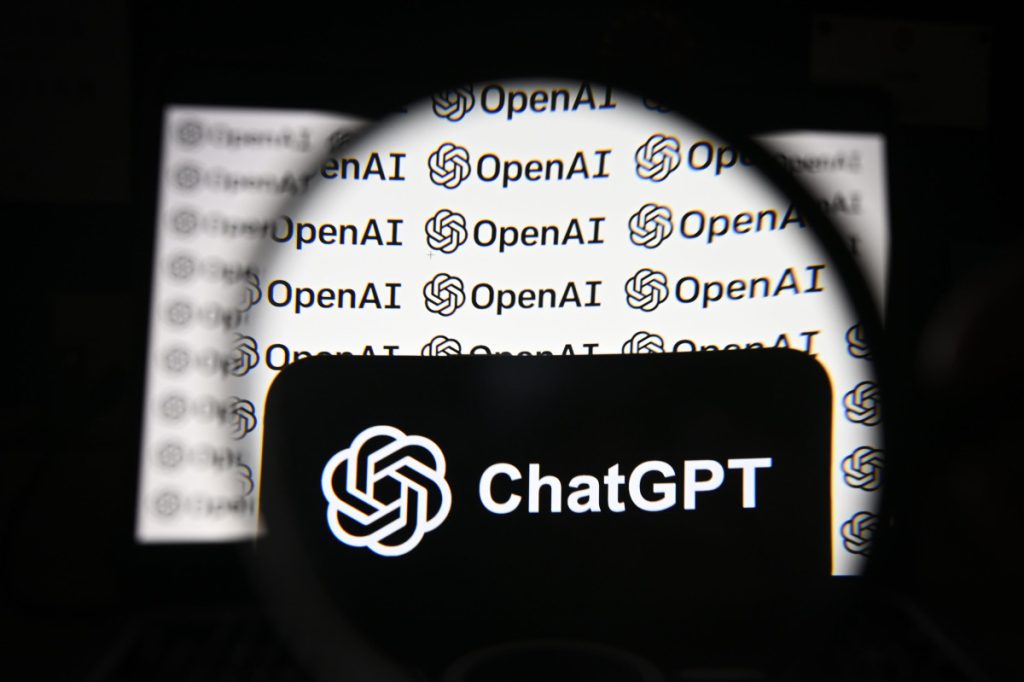OpenAI CEO Sam Altman has issued a clear warning: do not treat ChatGPT like a private diary or trusted confidant. Although many people use it to discuss deeply personal issues, emotional challenges, or life decisions, Altman stressed that these conversations have no legal confidentiality protections like those with doctors, lawyers, or therapists.
Why Your AI Chats Aren’t Legally Protected
Unlike conversations with licensed professionals, ChatGPT interactions currently lack legal privilege. That means if a court orders it, OpenAI could be required to disclose your chat logs even those you assumed were deleted during legal proceedings. Until protective regulations exist, sensitive data shared with the AI may be legally accessible.
Key Risks Users Should Know
1. No Lawyer‑Client or Doctor‑Patient Privilege
Even deeply personal conversations shared with the chatbot are not shielded by professional confidentiality standards. This poses a real risk if those chats become subject to subpoena or court order.
2. Legal Pressure to Retain Data
OpenAI is currently facing legal proceedings that challenge its data retention policies. In response to court demands, deleted and temporary conversations may be preserved indefinitely if the system compels it.
3. Data Used for Improvement
User inputs may be reviewed by OpenAI or used for model training and misuse monitoring. This means sensitive notes or emotional content might be visible to internal reviewers.
Who Is Most at Risk?
- Individuals using ChatGPT for emotional or mental health support (e.g., relationship advice, therapy-like conversations).
- Young users and students who treat the AI as a life coach or confidant.
- Anyone discussing legal, medical, or deeply personal matters, believing those messages are protected privacy-wise.
Smart Guidelines for Your ChatGPT Use
- Never share sensitive personal information, including legal troubles, health issues, emotional trauma, or private decision-making details.
- Use temporary mode when available, and delete conversation history frequently although this may not guarantee full removal under legal demand.
- Treat ChatGPT as an informational tool, not a replacement for professional therapy, legal aid, or private journaling.
- Stay cautious about trusting new AI agents or features with elevated permissions especially those that may access email, documents, or personal cloud data.
Why This Matters Now
As AI systems become increasingly integrated into daily life, boundaries around data privacy are still evolving. Altman’s warning highlights a mismatch: legal protections have yet to catch up with how and why people use AI, especially when it comes to highly personal content.
He urges both users and policymakers to help build new privacy standards that treat AI conversations with the same care we expect from licensed professionals.
At a Glance: Altman’s Insights on ChatGPT Privacy
- ChatGPT conversations lack legal confidentiality protections.
- Users treating AI as a therapist or confidant are potentially exposed in legal contexts.
- Courts may require OpenAI to retain and share chat records including deleted ones.
- Strong caution is needed before disclosing emotional or sensitive secrets.
- Clear privacy standards for AI tools are urgently needed.
Final Thoughts
OpenAI’s CEO is pushing back against complacency: your ChatGPT chats are not private or privileged, despite how personal they may feel. Until legal frameworks are established, consider each interaction carefully especially when it involves intimate or sensitive content.



Comments (0)
No comments yet. Be the first to comment!
Leave a Comment